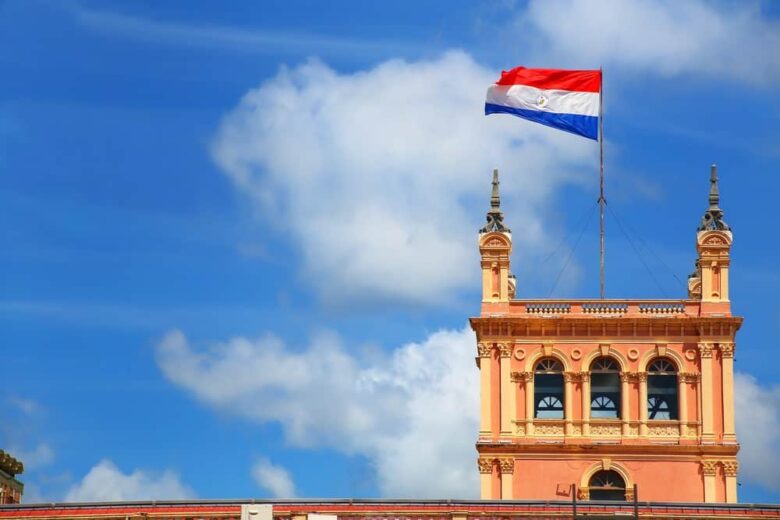He could be a full-time swimmer for the British Olympic team or Spain. But he always wanted to compete under the banner of Paraguay Citizenship. A tiny South American country known as one of the least-developed nations in the world sporting.
Although Paraguay, one of the first independent republics in the Western Hemisphere, does not boast a 50 pool and despite its troubles with training and sports equipment, Benjamin Hockin, whose father is Briton and mother is Paraguayan, loves competing with this landlocked nation. It is a rare case in the Developing World where a number of athletes. From boxers and footballers to fencers and archers, want to become American/European citizens. By the late 1990s, for example, Africa’s Eunice Barber, who stands 1,91m tall. Became French sportswoman after competing as an athlete from the war-torn country of Sierra Leone at the 1996 Atlanta Summer Games. Where she finished in fifth place in the women’s heptathlon.
Warrior- Athletes of Paraguay
Most of Paraguay’s wins have been produced by “warrior-athletes”, an envy to many Olympic leaders in the region. In the latter half of the 1980s, the country’s team, made up of three combative sportsmen –Victor Manuel Pecci, Francis Gonzalez and Hugo Chapacu– defeated America in the Davis Cup preliminaries, at one time under the anti-Communist dictatorship of Alfredo Stroessner. Previously,in the early 1950s, the women’s basketball team won the South American Cup by defeating Brazil 20-19. And after that, they finished fifth at the World Tournament in Chile’s capital of Santiago. At home, by 1962, this side won their second continental trophy well ahead of Chile (silver medal) and Brazil (third).
Its other international medals were when the men’s volleyball side captured. The silver medal at the 1958 South American Championship in Porto Alegre (Brazil). In the finals, Paraguay lost to host country (which was referred to as one of the “most outstanding squads” on the Planet between 1959 and 1966). By 1964, this Spanish-speaking republic was second in the women’s Volleyball South American Cup. Fifteen years later, the men’s team picked up a bronze because of its victory over a Chilean squad.

